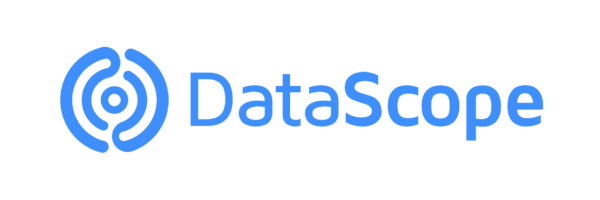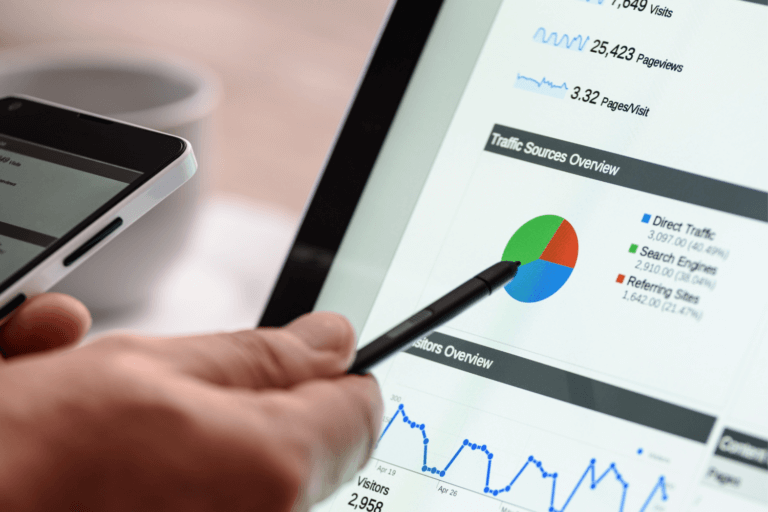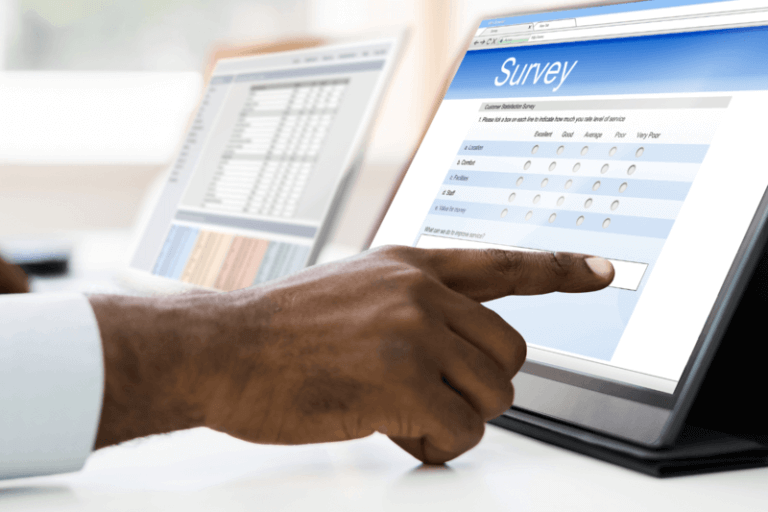What kind of company can ignore change without falling behind its competition? Facing a digital and mobile revolution taking over the whole planet which reinvents the traditional working methods, public and private organizations of all sizes are looking at technology as a way to adapt to the new scenario, or else die trying…
In this regard, the absolute priority for many companies is the innovation in their methods to collect and analyze the information. Remote data collection, substantiated in the high penetration and connectivity of mobile devices, is gaining more and more followers in the business world as its advantages –in terms of costs reduction and increased effectiveness- become popular.
In fact a fifth part of the respondents in the survey Digital Transformation 2017 by Tech Pro Research concerning the democratization of digital transformation initiatives answered that his or her company is already implementing a formal plan to evolve to the digital world, a plan which certainly includes remote data collection from mobile devices.
In this context, what are the drivers motivating companies to implement remote data collection tools and what are their real effects? What processes does remote data collection go through within this digital transformation of the business world? Let’s review 5 concepts surrounding remote data collection:
#1: The evolution to the digital world starts with the reduction of paper
Every year American office workers print enough paper to reach halfway to the moon. It’s a reality: the dependence to paper is still very strong among office workers around the world, and to become paperless it will be necessary to overcome the resistance to the digital world.
BlogThinkBig indicates that most of the answers in the aforementioned survey (79%) point out that the main goal of the digital evolution in their companies is the reduction in use of paper. Environmental sustainability initiatives are common amongst organizations also interested in the use of digital or mobile tools.
Also, as we mentioned in a previous article, according to Information Age, a survey by AIIM to 200,000 members pointed out that two thirds of them answered that the demand for a paperless work space increased, while in half of the organizations the amount of paper being consumed is dropping.
According to other results of the study, two out of ten respondents think that the influence of technology centered in work networks, the safety management and remote data collection in operation centers is providing huge benefits with digitalization of these areas. This points to a certain need to digitalize the corporative environment, according to BlogThinkBig.
#2: Technology adoption is only the beginning
The replacement of obsolete data collection systems such as paper is a step in the right direction for companies adapting to changes. But remote data collection is just the beginning of a journey towards a much deeper transformation.
According to the website América Economía a study carried out by the MIT Center for Digital Business and Capgemini Consulting, which examined 157 executives from 50 companies of US$1 billion a year or more revealed that for a real transformation organizations must also redesign their business and operation models as well as the resulting products and services.
This way, companies mustn’t focus on optimizing processes and reducing costs, but also on transforming the way they operate and create products and services, with a strong digital component.
As Guillermo Brinkmann, president of SAP South, points out in the article, “Today there are many companies of all sizes and industries that are re-imagining their business models for the digital age, a discussion not purely technological but which impacts the entire business. The pure implementation of technology by itself doesn’t produce a digital transformation, but changing an organization to seize the full potential of these technologies certainly does”.
#3: Remote data collection creates profits in related industries
The growing use of mobile solutions destined for remote data collection fosters important profits in related industries such as the technologic industry and others like it.
For example, according to ITUser, Research and Markets has presented a new study which analyzes the market of wireless sensors, which generated last year a business revenue of 29 billion dollars. That figure will increase to 98.8 billion dollars by 2023, which means it will evolve at an annual growth rate of 18.55% between 2017 and 2023.
According to the website the growing need of monitoring equipment and remote data collection, the increase in the number of intelligent connected devices and the breakthroughs in connectivity technologies have led to a growing adoption of software solutions which will develop an important role in this market’s growth.
#4: Remote data collection has no applicability limits
Remote data collection has gained ground even for unthinkable uses. It’s even being used in the science world, such as clinical trials, for example. A report by Validic/BioPharma Dive surveyed 166 participants and more than 60 percent of them said they had used digital health tools in clinical trials, mostly through mobile apps (47 percent) and in-home, clinical-grade medical devices such as blood pressure and glucose monitors (45 percent).
The attraction of digital health for clinical trials stems from its potential to deliver real-time data, automate data collation and remotely monitor study participants, theoretically at home. Remote data collection would also lead to fewer site visits, lowering travel costs for principal investigators, the report noted.
This shows that any field which requires filling forms such as retail, opinion polls and elevators inspections, is applying remote data collection systems.
#5: Significant improvement in customer satisfaction
Not only the employee and the company benefit from a proper technological solution for remote data collection such as mobile app available in any smartphone. Thanks to these solutions the collected data can be sent immediately, eliminating waiting times for the employee to return to the home office with paper forms for their processing, a great advantage which benefits all agents in the process.
With mobile remote data collection tools such as DataScope, work is 100% verified with the employee’s signature, GPS location, date and time, and the service quality is exponentially improved facing the customer, providing a more organized and professional attention.
DataScope is a platform which allows various industries to streamline, organize and evaluate the work of their field staffs thanks to online forms which provide real time indicators 100% adaptable to any field.








